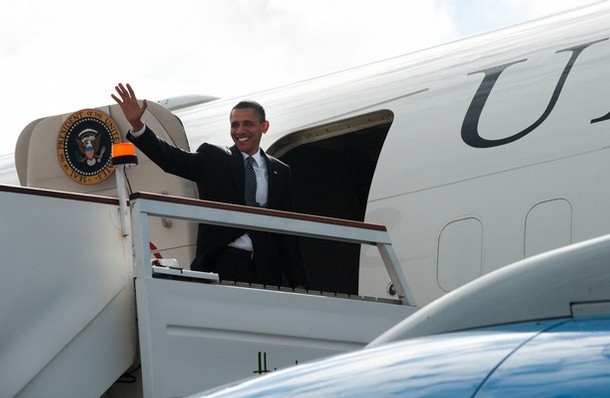
From Kurt Volker, Ivan Vejvoda, and Damon Wilson, the New Atlanticist: [Barack Obama’s presidency] will be the first administration since President Clinton’s first term that has not seen NATO invite new members to join the Alliance. And it will take the EU at least five years to bring in new members following Croatia’s likely accession later this year.
The reason for this is obvious: None of the other potential candidate countries is actually ready for membership at this stage. But there is more at work than just the invitations. There is the commitment to the vision of an inclusive, democratic Europe for all its citizens.
In the past, the realistic prospect of NATO and EU membership helped leaders drive through the reforms needed to meet NATO and EU standards. Yet in 2011, for a whole host of reasons, the credibility of this commitment has waned.
Meanwhile, NATO has put Georgian aspirations for NATO membership on ice. Ukraine has turned its back on European integration. And while inviting Montenegro and Bosnia into its Membership Action Program, NATO has sent a strong signal that it does not envision new members any time soon. . . .
[Obama] should explicitly state that NATO’s 2008 invitations to Croatia and Albania will not be the last, and he should call on the EU to reinvigorate its own dream of a wider Europe. And he should stress that freedom, prosperity, and security for Russia’s neighbors – and indeed for Russia itself – is not a threat to Russia, but indeed the best “reset” Russia could hope for.
Kurt Volker, a senior advisor to the Atlantic Council and a member of its Strategic Advisors Group, is international managing director of BGR Group and a senior fellow at the Johns Hopkins Center for Transatlantic Relations. Ivan Vejvoda is vice president of programs at the German Marshall Fund. Damon Wilson is executive vice president of the Atlantic Council. This was originally published in the Christian Science Monitor. (photo: Getty)
Image: obama-plane-g8.jpg
